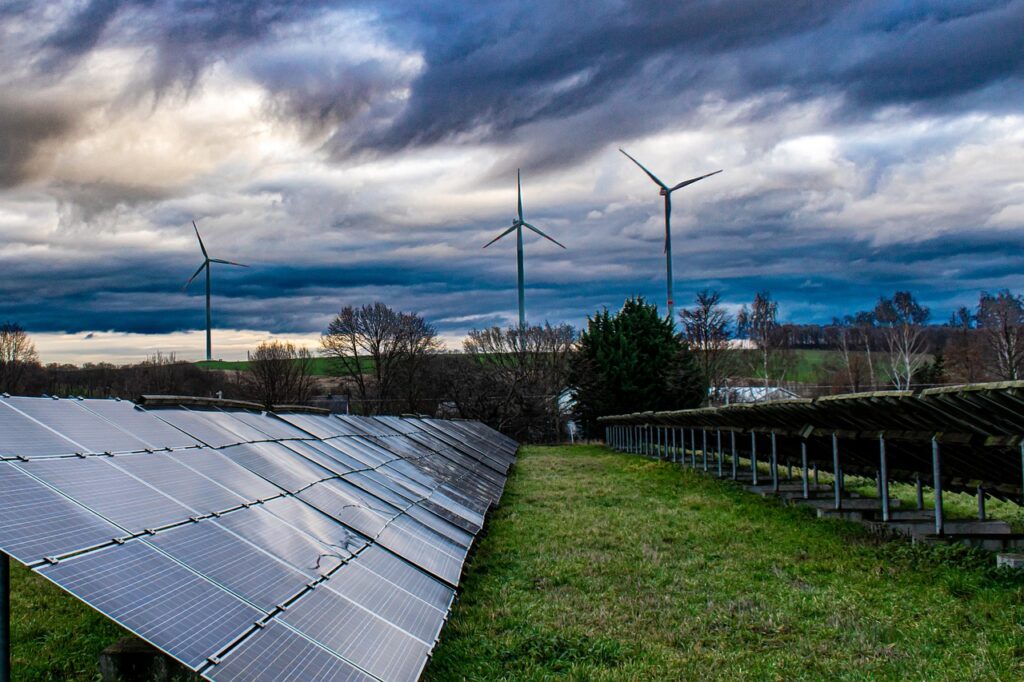Africa’s electricity sector is crucial to the continent’s economic and social development but has been plagued by corruption. The effects of corruption on electricity sector progress include poor electricity generation, high energy costs, and low access to electricity in many communities.
Corruption in Africa’s electricity sector takes various forms, including embezzlement, bribery, nepotism, and favouritism. These corrupt practices have led to the poor management of generation, transmission, and distribution systems. This poor management results in frequent electricity outages, blackouts, and low access to electricity in some areas.
For instance, Nigeria is the most populous and economically successful country in Africa, yet it has the challenge of supplying its people with reliable energy. Inefficiency, poor management, and corruption are widespread in Nigeria’s electrical industry. There has been a shortage of investment in the energy infrastructure due to corrupt activities, including bribery, misappropriation of public funds and illicit connections, leading to frequent electricity outages and limited access to electricity. According to a Sahara Reporters story, $16 billion was spent on a botched electricity project. However, three years later, there have been no improvements, and the country only has an electricity access rate of 55.4 per cent.
According to a report by the World Bank, South Sudan’s electricity access was just 7.24 per cent in 2020, a 0.53% increase from 2019. A few individuals and companies control the electricity sector, and there is a lack of transparency in the procurement and management of electricity infrastructure projects. South Sudan is the most corrupt nation in the world, according to the 2021 Corruption Perception Index study. The corruption permeating the electricity industry causes electricity generation, transmission, and distribution to deteriorate, resulting in frequent blackouts and high customer energy bills.
African governments must demonstrate political will and commitment to tackle the effects of corruption on electricity sector progress. Governments should enact laws and regulations that encourage transparent bidding procedures, public disclosure of contracts and bids, and frequent audits of the energy infrastructure to increase transparency and accountability in the electricity industry.
Involving private industry and civil society groups in the management of the electricity sector is also necessary. Civil society organisations may monitor the electricity infrastructure projects and report any instance of corruption. Also, the private sector can provide financial resources and technological know-how to the electricity industry to boost the infrastructure’s effectiveness.
Governments should also prioritise renewable energy sources like solar, wind, and hydroelectric when investing since these projects can provide access to clean, dependable, and reasonably priced electricity. Investments in renewable energy will also lessen reliance on fossil fuels and help to slow down the consequences of climate change. In conclusion, corruption in the African electricity sector has slowed development, increased energy bills, and reduced access to electricity in many communities. Governments should prioritise the fight against corruption in the electricity industry and implement laws and policies that encourage accountability and openness. By doing this, the electricity industry in Africa may be developed into a dependable and sustainable energy source, promoting the economic and social advancement of the region.



